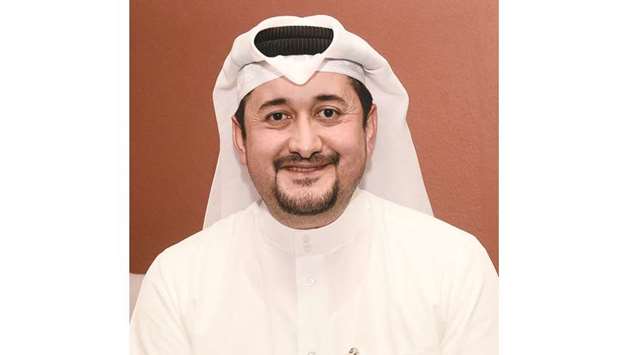Qatar’s only organic farming company, Agrico, is eyeing developing around 100 hectares of land in the next three years as part of efforts to support local farms and to increase local production, an official said.
According to managing director Nasser Ahmed al-Khalaf, Agrico had already developed around 15 hectares of land in three different farms across the country. The plan to develop another 100 hectares has aims to not only support Qatari farms but to encourage them to utilise organic and hydroponics production.
According to al-Khalaf, the hydroponics technology being utilised in Qatar was developed by Agrico 10 years ago.
“It was fortunate that we have registered a patent in hydroponics. We were the first to grow all the vegetables in country all year round since 2015; and we were the first to export vegetables from Qatar to neighbouring countries since 2016.
“We did not depend on the technology from other countries but rather we imported international technology and modified it to suit our needs. We also upgraded the greenhouse technology and started to manufacture greenhouse and agriculture growing systems in Qatar, so I would say 80% of the technology is developed locally,” al-Khalaf stressed.
Asked about plans to export more organic produce, al-Khalaf said, “At this moment, I don’t think Qatar aims to export vegetables, but exports will play a large role in developing the agriculture sector. Without exports we won’t be able to increase, but at the moment there is a ban in effect since 2019.
“But we are capable to export; it’s not a challenge to the country. Today, we are distributing all the products locally but only because we are in an organic production farm, and the market share is not very big and our production exceeds the organic market share requirements that’s why in the past we exported the surplus.”
According to al-Khalaf, Qatar is around 28% self-sufficient during the season. But off-season, during the summer, he said “there is almost no production except for certain crops like pumpkins and melons.”
“Our aim is to extend the season; instead of producing four to five months a year, we want to make it eight months a year. There are certain technologies that could help us produce for the whole year, but producing eight to nine months is sufficient to supply the needs of the local market,” he added.

Agrico managing director Nasser Ahmed al-Khalaf. PICTURE: Shaji Kayamkulam

